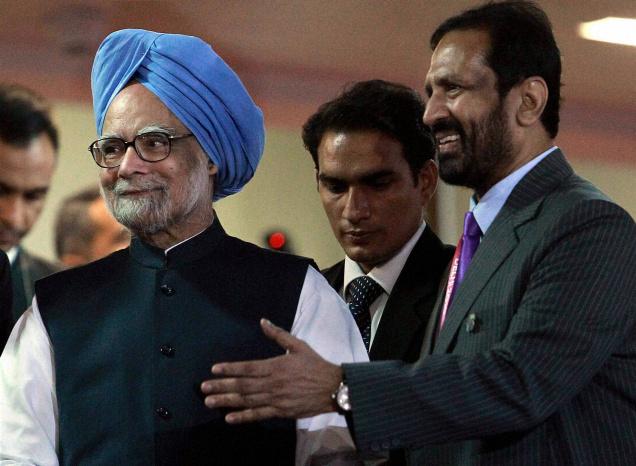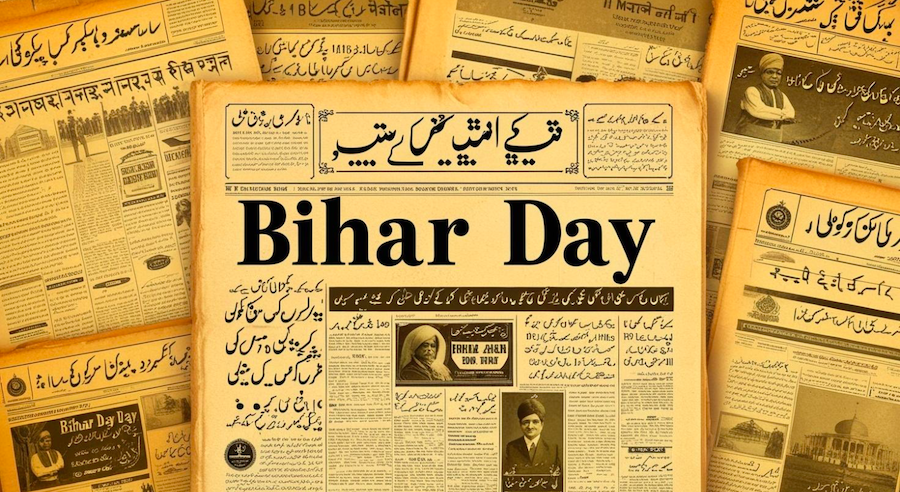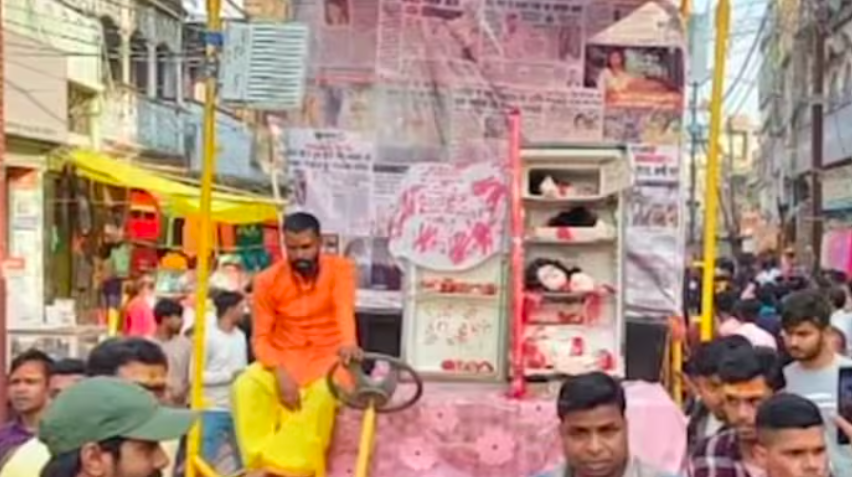BeyonDheadlines Staff Reporter
New Delhi: Two conditions, neither easy to fulfil, are critical to the restoration of political stability in Jammu and Kashmir in the reckoning of the Centre’s three-member interlocutor group — returning some form of autonomy to the state and all displaced Pandits to their Valley homes.
“Provisions of Article 370 have been systematically eroded over the years and ways must be found to redress that,” Dileep Padgaonkar of the three-member group said. “The grievance is felt deepest in the Valley but nothing will work if the aspirations of Jammu and Ladakh are also not addressed. The litmus test for any political settlement will be the return of displaced Pandits to their Valley homes with safety and dignity.”
Despite several government sponsored attempts, conditions remain averse for the return of close to 5 lakh displaced Pandits, most of whom were pushed out by a militant surge in 1990. For many among them, returning is now no more than a romantic mirage. Those who could, have disposed of their land and properties. A majority of the displaced still live in squalid camps around Jammu.
Autonomy remains a demand in deep freeze because of the divergence between what Kashmir wants and what New Delhi might grudgingly consider giving. What the Centre believes to be too much, Kashmir deems too little.
Three documented proposals, ranging from quasi-nationhood to various degrees of self-rule, have been placed before the Centre over the last 10 years — the J&K Autonomy paper adopted by the Assembly during Farooq Abdullah’s chief ministership and handed to the Atal Bihari Vajpayee-led NDA government, the self-rule scheme of the People’s Democratic Party (PDP), and the Achievable Nationhood doctrine authored by Sajjad Lone of the People’s Conference.
The Kashmir interlocutors have studied these, reviewed political infraction of constitutional provisions since Independence and come to believe that “greater functional autonomy without compromising India’s security and integrity” is required redress.
“What exactly those powers could be and how the quantum will be distributed between the three regions of the state will have to be discussed between various stakeholders,” Padgaonkar said. “The repeated dismissal of elected governments and New Delhi’s interventions have created a trust deficit that needs to be corrected. There are also issues of being able to operate with greater room on economic matters.”
In the Kashmiri eye, the presence of central administrative and police forces, the jurisdiction of the Supreme Court and the Election Commission and application of a range of emergency provisions are all issues that constitute violation, or dilution, of Article 370.
Padgaonkar would not be drawn into specifics, but said: “These are genuine issues that have worried people, especially in the Valley, and ways will have to be found to assuage grievances. Those discussions will follow the submission of our report, we hope.”
But credible dialogue is a problem, especially in the Valley. It is not merely that the Hurriyat chooses to close its doors unless conditions are met.
There is little open interface between mainstream players like the National Conference (NC) and the PDP on issues of urgent concern, or between the Valley-based groups and essentially Jammu parties such as the BJP. And when it comes to New Delhi and Kashmir, the lack of communication probably stems from a consistent gap between promise and practice.
But Padgaonkar believes there are new prospects for rekindling political engagement in the Valley.
Referring to the recent panchayat elections in the state, he said: “There are thousands of people newly empowered at the grassroots in Jammu and Kashmir, and they can emerge as potential stakeholders in a larger settlement down the line.”









